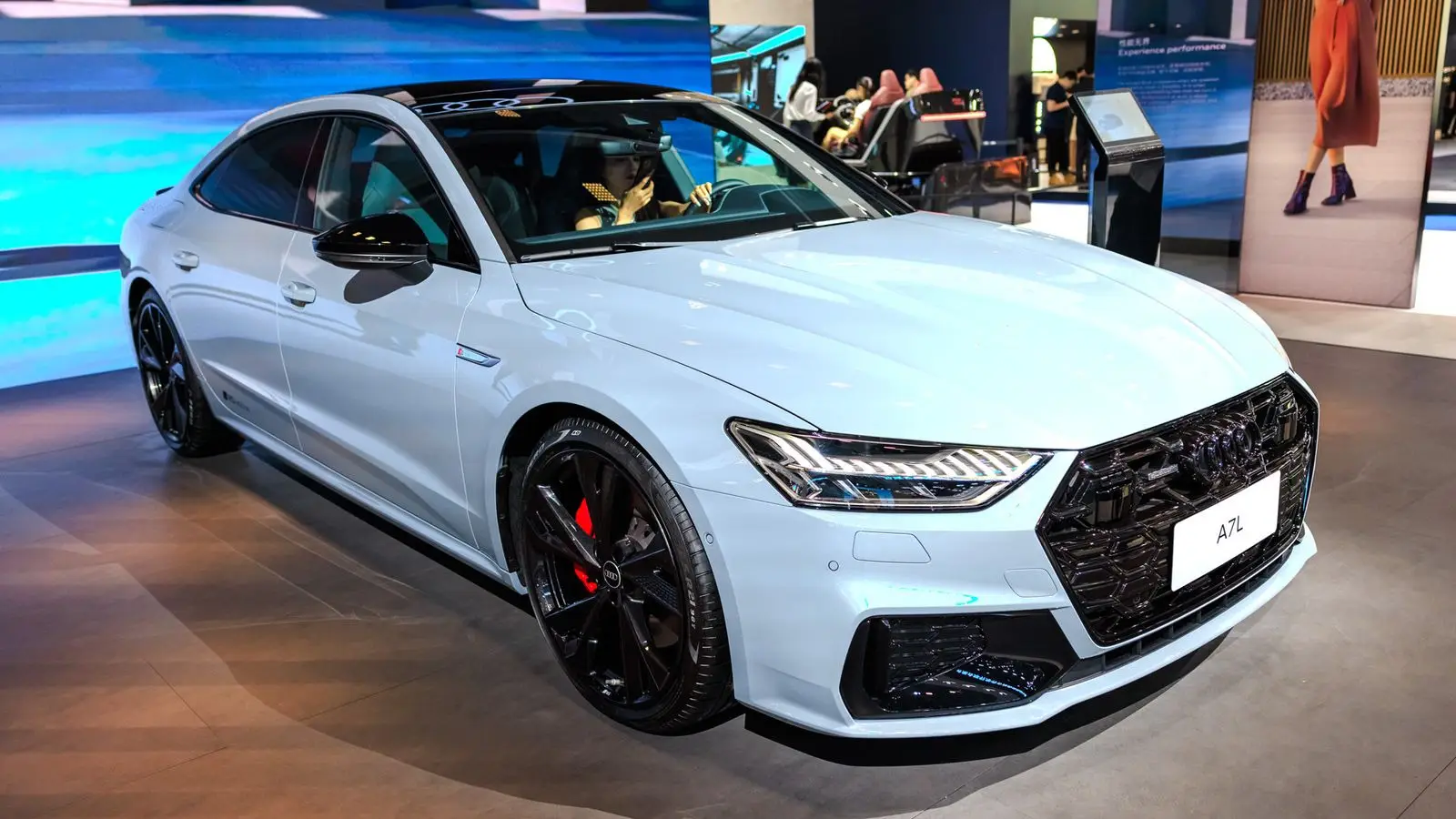Trump's New Auto Tariffs Could Disrupt Supply Chains and Drive Up Prices

President Trump is set to announce tariffs on foreign cars and parts, sparking warnings from automakers and economists over rising costs and supply chain risks.
President Donald Trump has announced new tariffs on imported cars and auto parts—a move that could become one of the most consequential economic actions of his second term. The 25 percent tariffs, set to take effect on April 3, will apply broadly to both finished vehicles and components. While the stated goal is to bolster U.S. manufacturing, the policy is already drawing sharp warnings from the auto industry, economists, and financial markets.
According to the White House, the tariffs are designed to incentivize automakers and suppliers to shift production to the United States. However, industry experts caution that the costs could far outweigh the benefits. Cox Automotive estimates that even U.S.-assembled vehicles could see price hikes of up to $3,000 due to their reliance on parts from countries like Mexico and Canada. For models fully built in those countries—such as the Toyota Tacoma, Chevrolet Equinox, and several Ram trucks—the increase could reach $6,000.
Consumers are likely to face higher prices, while dealership and factory employees may be at risk of layoffs. Production disruptions could slash weekly vehicle output by as much as 30% by mid-April. Used car prices may also rise, and access to leasing and financing could tighten as inventory costs climb.
Markets have already responded sharply. Major automakers saw notable declines after the White House clarified the tariffs would also cover auto parts: General Motors dropped nearly 7%, Ford and Stellantis each fell more than 4%, and Tesla lost 1% in extended trading.
The international reaction has been swift. The European Union has raised concerns and hinted at retaliatory tariffs. Japan and South Korea are reportedly in talks with U.S. officials, seeking exemptions. Mexico, meanwhile, remains hopeful its exports will be shielded under the USMCA trade agreement. President Claudia Sheinbaum emphasized the country's “special position” in regional trade.
The Trump administration is invoking Section 232 of the Trade Expansion Act, citing national security concerns. This approach has previously faced criticism from the World Trade Organization and global trade partners, as it challenges the WTO’s most-favored-nation rules.
Think tanks such as the Peterson Institute and Brookings Institution warn that escalation could trigger a full-scale trade war. Retaliation from the EU, Canada, and China could drive prices even higher and erode confidence in the United States as a reliable trade partner.
This is not without precedent. In 2018, tariffs on steel and aluminum led to higher costs and countermeasures from global partners. Now, with the auto industry—long emblematic of global supply chains—at the center of a new trade battle, the stakes are even higher.
Mark Havelin
2025, Mar 26 19:10


